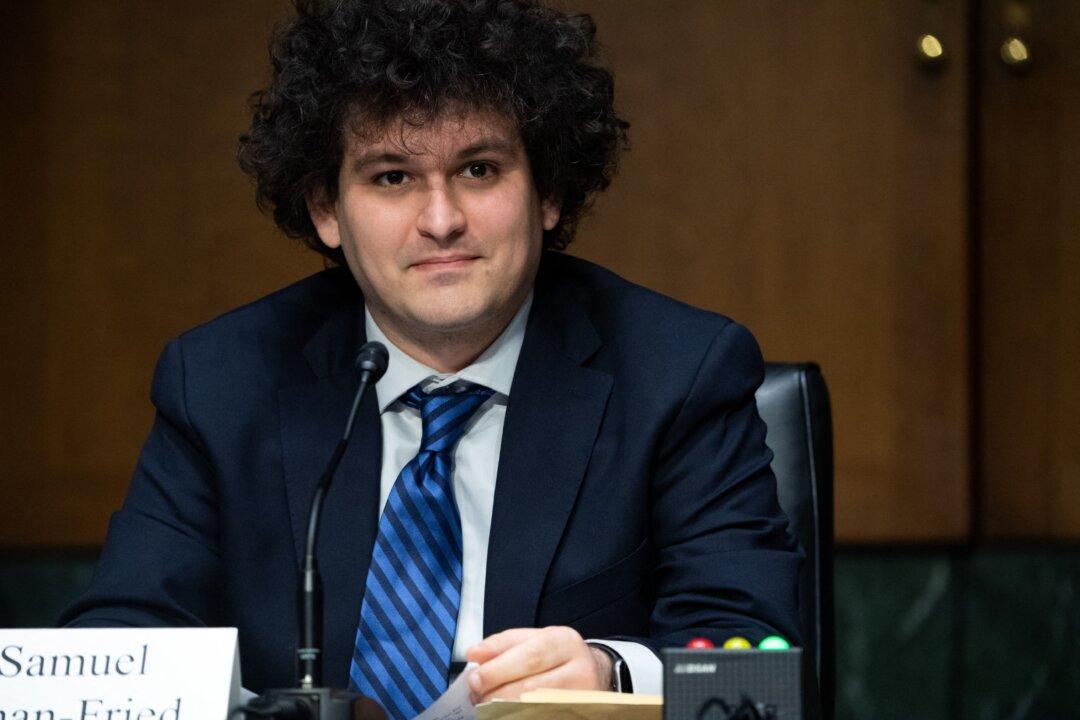News Analysis
The international scandal of the implosion of FTX, whose founder and former CEO, Sam Bankman-Fried, stands accused of all manner of fraudulent and reckless practices, could spur a regulatory overhaul aimed at curbing the excesses of the barely-regulated crypto space and preventing such fiascos in the future, experts on finance and law have told The Epoch Times.





